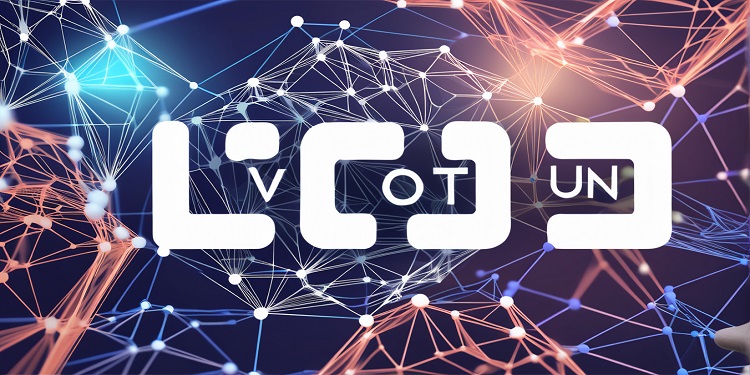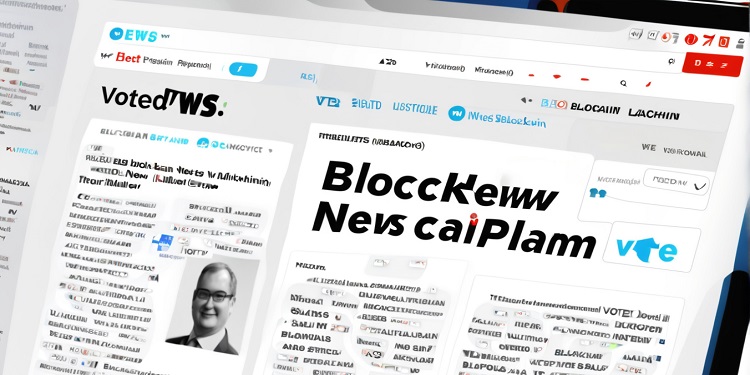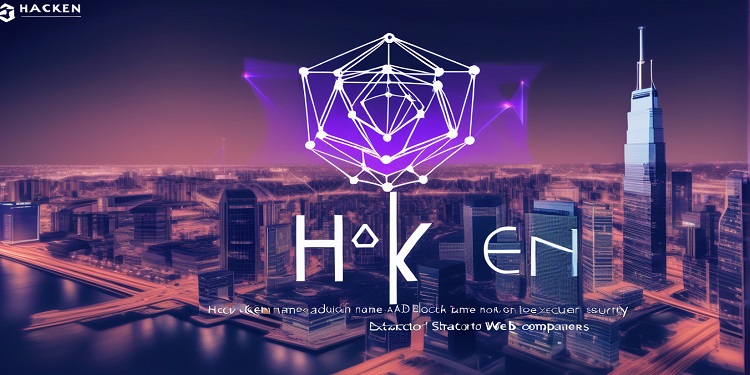 With the debut of its widely anticipated “Odyssey” program, Starbucks hopes to give its customer loyalty awards a Web3 flavor. Starbucks has selected the eco-friendly Polygon blockchain to distribute “Journey Stamps” as non-fungible tokens, enabling holders to participate in “interactive trips.” The coffee business is now testing the service with a select group of customers who enrolled for the waitlist. The 51-year-old Seattle-headquartered firm is attempting to attract the forthcoming wave of coffee consumers via the utilization of current technologies.
With the debut of its widely anticipated “Odyssey” program, Starbucks hopes to give its customer loyalty awards a Web3 flavor. Starbucks has selected the eco-friendly Polygon blockchain to distribute “Journey Stamps” as non-fungible tokens, enabling holders to participate in “interactive trips.” The coffee business is now testing the service with a select group of customers who enrolled for the waitlist. The 51-year-old Seattle-headquartered firm is attempting to attract the forthcoming wave of coffee consumers via the utilization of current technologies.
Customers may play online games and perform tasks and adventures to accumulate points and obtain stamps via the Odyssey program. Starbucks Executive Vice President and Chief Marketing Officer Brady Brewer stated in a press notification, “We are capitalizing on Web3 technology to incentivize and interact with our members in fresh methods, including the provision of collectible specially designed digital stamps, a fresh digital community, and entry to fresh benefits and interactive coffee experiences – both print and virtual.”
The Starbucks Odyssey beta interface displays interactive excursions, including “Coffee Heritage” and “Holiday Cheer,” in which users may select to participate and receive prizes. Additionally, coffee enthusiasts may embark on a digital tour of the Hacienda Alsacia Starbucks coffee plantation in Costa Rica and engage in trivia about the company’s history.
“Shortly after the beta trial, members will be able to enter the Starbucks Odyssey market system, fueled by Nifty Gateway, where they can trade Starbucks Odyssey collectible digital stickers with other members, utilizing Polygon as the blockchain for the overall experience beginning with the beta rollout,” according to an official response.
During the firm’s Q3 earnings call, Starbucks CEO Howard Schultz first disclosed information regarding the company’s Web3 initiatives. In September, the organization teamed with Polygon as its blockchain service provider to assist its Web3 and NFT activities. Early this year, the Odyssey program is anticipated to be implemented more broadly.








